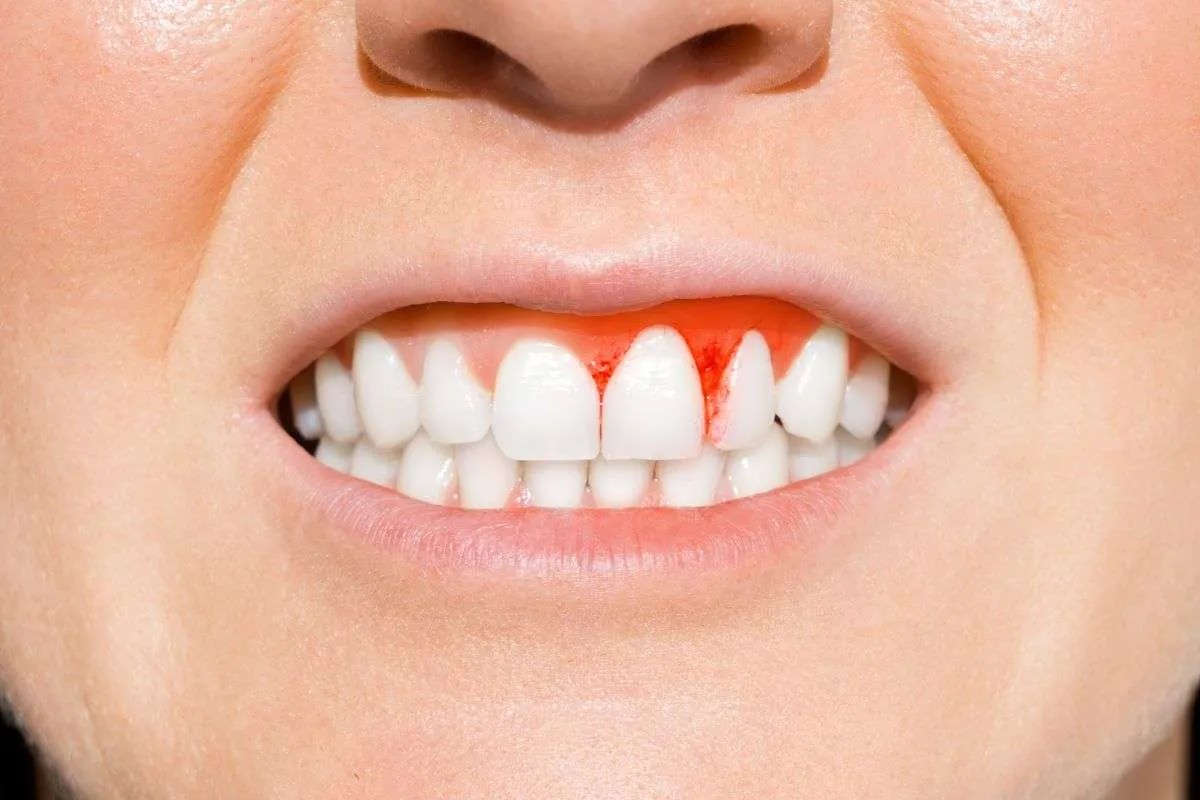Concerns about the contagious nature of gum disease are common. This article clarifies the nuances of periodontal disease transmission, explores risk factors, and provides evidence-based advice on prevention and treatment. Understanding the facts can empower you to protect your oral health.
Understanding Periodontal Disease Transmission
Periodontal disease, a severe form of gum disease, isn’t contagious in the same way as a cold or the flu. You won’t contract it simply by being near someone who has it. However, the bacteria that cause periodontal disease can be transmitted through saliva. This means activities involving saliva exchange, such as kissing, sharing eating utensils, or even close conversation, can potentially spread these bacteria. Read on to discover whether ivermectin injectable can be used to treat these concerns.
It’s important to understand that exposure to these bacteria doesn’t automatically mean you’ll develop periodontal disease. Several factors influence your risk, including:
- Oral Hygiene: Thorough brushing and flossing disrupt bacterial growth and reduce the likelihood of infection.
- Genetics: Some individuals may be genetically predisposed to gum disease.
- Overall Health: Conditions like diabetes can weaken the immune system, increasing susceptibility to infections, including periodontal disease.
- Lifestyle Factors: Smoking significantly impairs gum health and increases the risk of periodontal disease.
Recognizing the Symptoms
Periodontal disease can often progress without pain, especially in its early stages. This makes regular dental checkups crucial for early detection and intervention. Common symptoms include:
- Persistent Bad Breath (Halitosis): Even after brushing, bad breath can linger due to bacterial activity.
- Bleeding Gums: Healthy gums shouldn’t bleed during brushing or flossing.
- Swollen or Tender Gums: Inflammation is a key sign of gum disease.
- Loose Teeth: As periodontal disease advances, it can damage the supporting structures of teeth, leading to looseness.
Exploring the Causes and Risk Factors
While bacterial infection is the primary cause of periodontal disease, several factors can increase your risk:
- Poor Oral Hygiene: Plaque buildup creates an ideal environment for harmful bacteria to thrive.
- Smoking: Tobacco weakens the body’s defenses against infection and impairs blood flow to the gums, hindering healing.
- Genetics: Research suggests a genetic component to periodontal disease susceptibility.
- Medical Conditions: Diabetes and other systemic diseases can increase the risk.
- Certain Medications: Some medications can affect gum health as a side effect.
Prevention and Treatment Strategies
Periodontal disease is often manageable with proper care. Prevention strategies include:
- Excellent Oral Hygiene: Brush twice daily for two minutes with fluoride toothpaste, floss daily, and use an antimicrobial mouthwash.
- Regular Dental Visits: Professional cleanings remove plaque and tartar buildup that you can’t reach on your own. Your dentist can also identify early signs of gum disease.
- Healthy Lifestyle Choices: Avoid tobacco, eat a balanced diet, manage stress, and get enough sleep to support overall health and immune function.
Treatment options for periodontal disease vary depending on the severity:
- Scaling and Root Planing: A deep cleaning procedure to remove plaque and tartar from below the gum line.
- Antibiotics: May be prescribed to control infection.
- Surgery: In advanced cases, surgical intervention may be necessary to repair damaged tissues.
Ongoing Research and Future Directions
Current research is exploring several aspects of periodontal disease:
- The Oral Microbiome: Scientists are investigating the complex interactions between different bacterial species in the mouth and their role in disease development.
- Genetic Susceptibility: Studies are identifying specific genes that may influence an individual’s risk of periodontal disease.
- Links to Systemic Health: Emerging evidence suggests potential connections between periodontal disease and other health conditions, such as heart disease, diabetes, and Alzheimer’s disease.
This ongoing research highlights the complexity of periodontal disease. While we may not have all the answers yet, one thing remains clear: practicing good oral hygiene, visiting your dentist regularly, and making healthy lifestyle choices are the best steps you can take to protect your gum health. Some experts believe that early intervention is crucial for minimizing the long-term effects of periodontal disease. There is debate about the most effective treatment protocols for advanced cases, and ongoing research is constantly refining our understanding and approach. Therefore, maintaining open communication with your dentist is vital for staying informed about the latest advancements and receiving personalized advice.










